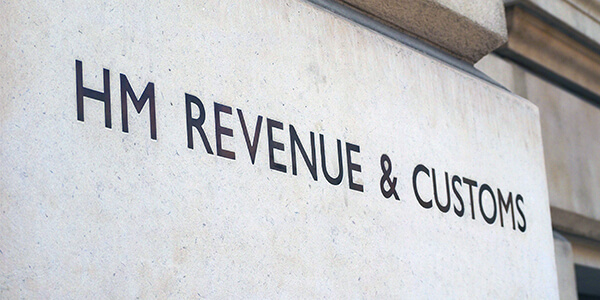
If you’re a self-employed contractor, it’s likely you’re familiar with HMRC’s IR35 legislation.
Here's a recap. IR35 was implemented almost 12 years ago to put a stop to an increasingly common tax dodge among freelancers. More and more employees were leaving their job, setting up as a limited company (or ‘personal service company’) and returning to the same role as a contractor.
Workers liked it because they got to pay less tax. Companies liked it because they avoided some of the risks and obligations of being an employer.
However, the taxman didn’t like it and pulled the plug – while simultaneously handing the culprits some pretty hefty bills for unpaid tax.
So, to avoid headaches and hefty bills of your own, you’ll want to make sure you’re legitimately maximising your take-home pay. To do that, you need to determine whether you’re inside or outside IR35 legislation. And more importantly, work out how to stay there.
IR35 in a nutshell:
If you’re in 'deemed employment', you’re inside IR35 and subject to higher tax.
If you’re self-employed, you’re outside IR35.
Contractors operating through umbrella companies effectively become employees paying PAYE and avoid the issue of IR35 altogether.
Simple enough. However, as a contractor, maintaining the distinction between 'employed' and 'self-employed' is the tricky bit. If HMRC have an inkling that you’re actually a ‘disguised employee’, it’s possible they’ll investigate you and your business.
Avoidance of doubt
Demonstrating independence is the key here. You need to show HMRC that you’re a specialist; a business that determines its own methods of work, as it sees fit, under reasonable direction from your client. In other words, very much NOT an employee.
How do you do that? Thankfully, if you’re a business operating on its own terms, there are some practical ways to show it:
- Make sure it’s clear it’s your company – not necessarily you specifically – that carries out contracts and that your company always has the right to substitute workers (where reasonable).
- Ideally, have a series of limited individual projects each with a start and end date so there’s not one long, continuous contract. Try to have a contract or specific deliverable for each part of a particular project rather than a general description for a lengthy fixed period.
- Make sure your company’s contracts have clauses for immediate dismissal for unsuitable workers, rights of substitution and a no mutuality of obligation clause.
- Remove contractual benefits for workers such as paid holiday, paid sick leave, time off for training etc.
- Advertise and market your company name, not yours.
- Have professional indemnity insurance, public liability insurance and employers’ liability insurance in the company name, not yours.
- Ensure your company is paid by invoice.
- Work at times and locations that suit you, not just the end client.
- Try to carry out work for different clients over the same time period.
- Have company-headed stationery and business cards, and a corporate website.
- Have your own company office space (even if it's just a room in your house) and business equipment.
- If you can, avoid working alongside your clients’ employees and try not to have the same line manager. HMRC could view this as 'integration into the workforce'.
- Try to employ other consultants in your business if possible. This will help with providing a substitute worker if needed.
- Be VAT registered.
What to do next
IR35 and its implications are something you need to understand. If you’re in any doubt, talk to a specialist contractor accountant. They'll be able to offer you the guidance and expertise needed to navigate any choppy waters.
managing riskrules and regulationsrunning a businesstax
